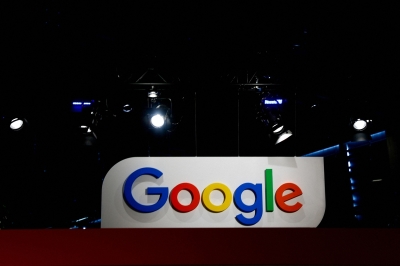SAN FRANCISCO, Feb 6 — Google’s search engine is poised to enter a new era of artificial intelligence-driven innovation. In the face of competition, it is set to gradually transform into a veritable intelligent assistant. This will be a long-term project for Google.
In December 2024, Google CEO Sundar Pichai stated that the firm’s search engine would soon be able to answer more complex questions, thanks to artificial intelligence. At the company’s results presentation, he confirmed the major transformation of the search engine, the idea being to gradually turn it into an intelligent assistant. The aim is to improve the user experience, to be able to answer increasingly complex queries and to establish itself as an alternative to ChatGPT and other conversational AI agents. The search experience will be more intuitive and the answers much more refined than a simple string of web addresses.
A first step has already been taken in 2024, with the integration of AI Overview, an experimental feature that generates AI-generated summaries in response to user queries. Initially launched in the US in May 2024, it has since been extended to over 100 countries. Astra should follow. Still in the testing phase, this Google DeepMind project is an intelligent agent capable of processing multimodal inputs (text, audio, photo and video) to provide perfectly contextualised responses. Finally, another avenue of pursuit concerns Gemini Deep Research, an advanced feature of Google’s AI assistant currently reserved for Advanced subscribers only, but which could one day be extended to the search engine. It is specially dedicated to deep research, with the ability to scan up to several hundred websites to gather up-to-date information and generate comprehensive, in-depth analyses.
News of these developments comes at a time of heightened competition, with the development of increasingly successful alternative search engines such as Perplexity. ChatGPT and other conversational AI agents have also launched new functionalities for online search. All these solutions are now alternatives to the famous search engine. Meanwhile, Microsoft has considerably enhanced Bing, by integrating its Copilot intelligent agent, in partnership with OpenAI. In addition, Google’s search engine must comply with the Digital Markets Act (DMA), the European regulation that aims to curb the power of large online platforms and promote fair competition in the digital marketplace. — ETX Studio

